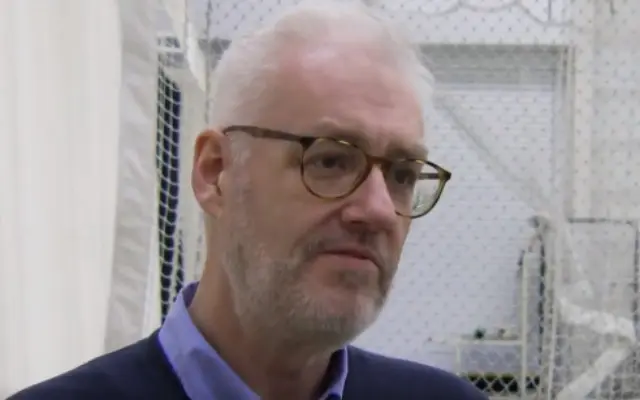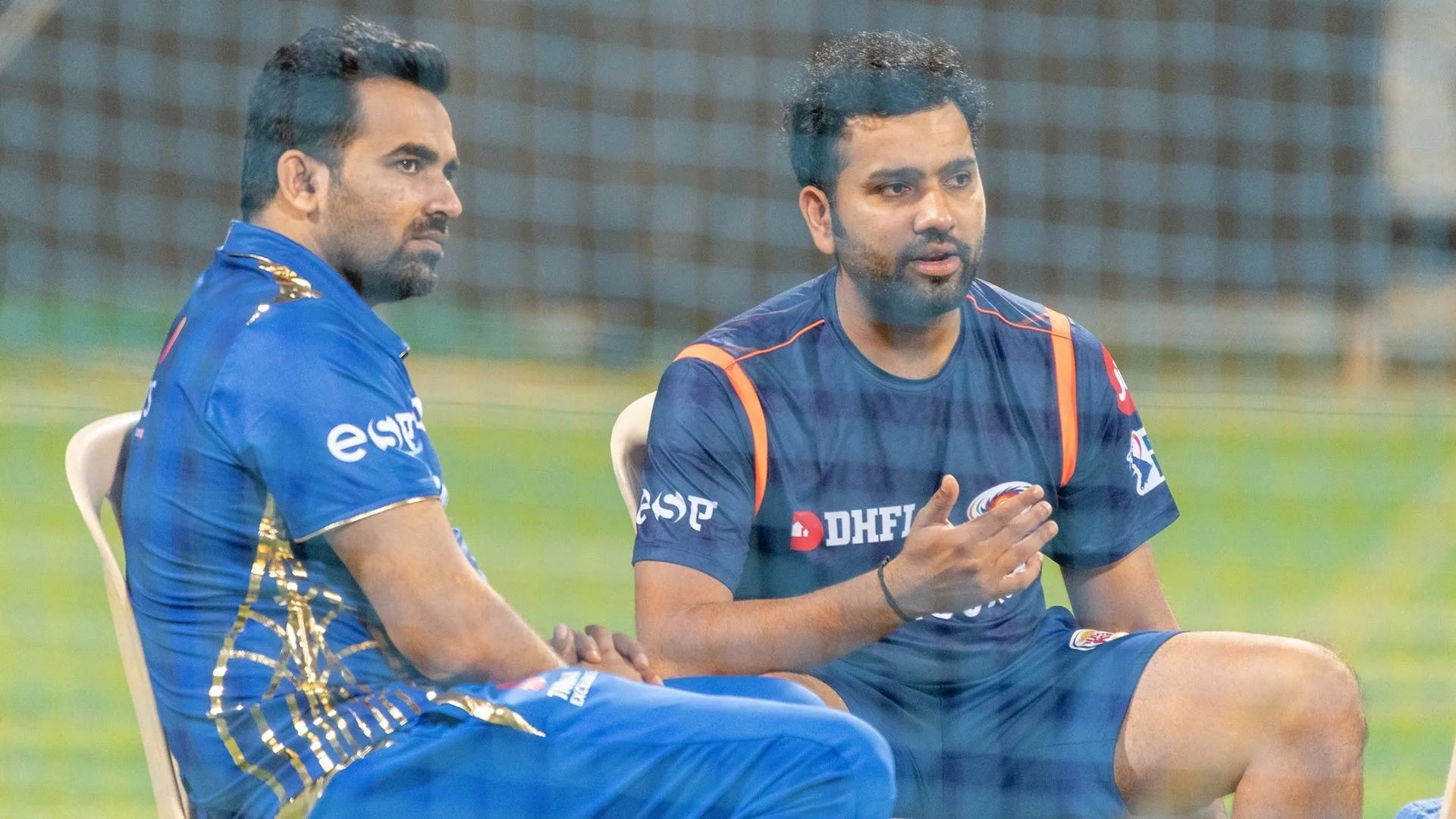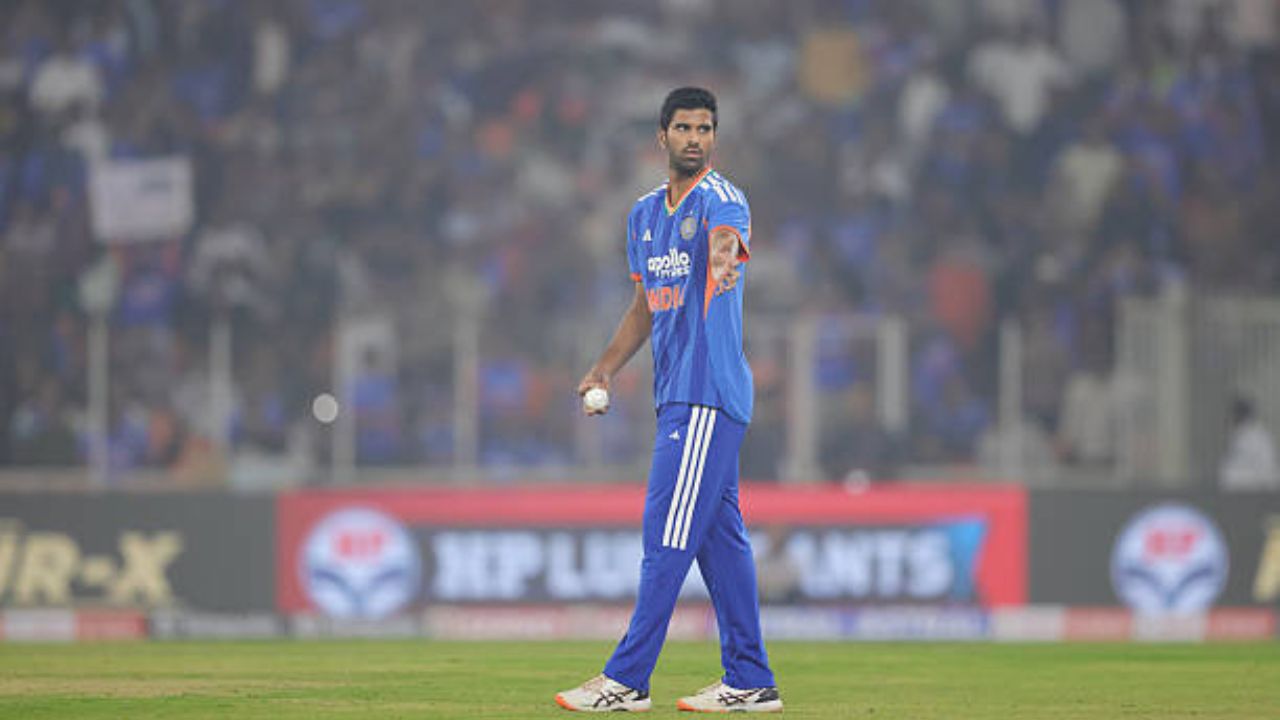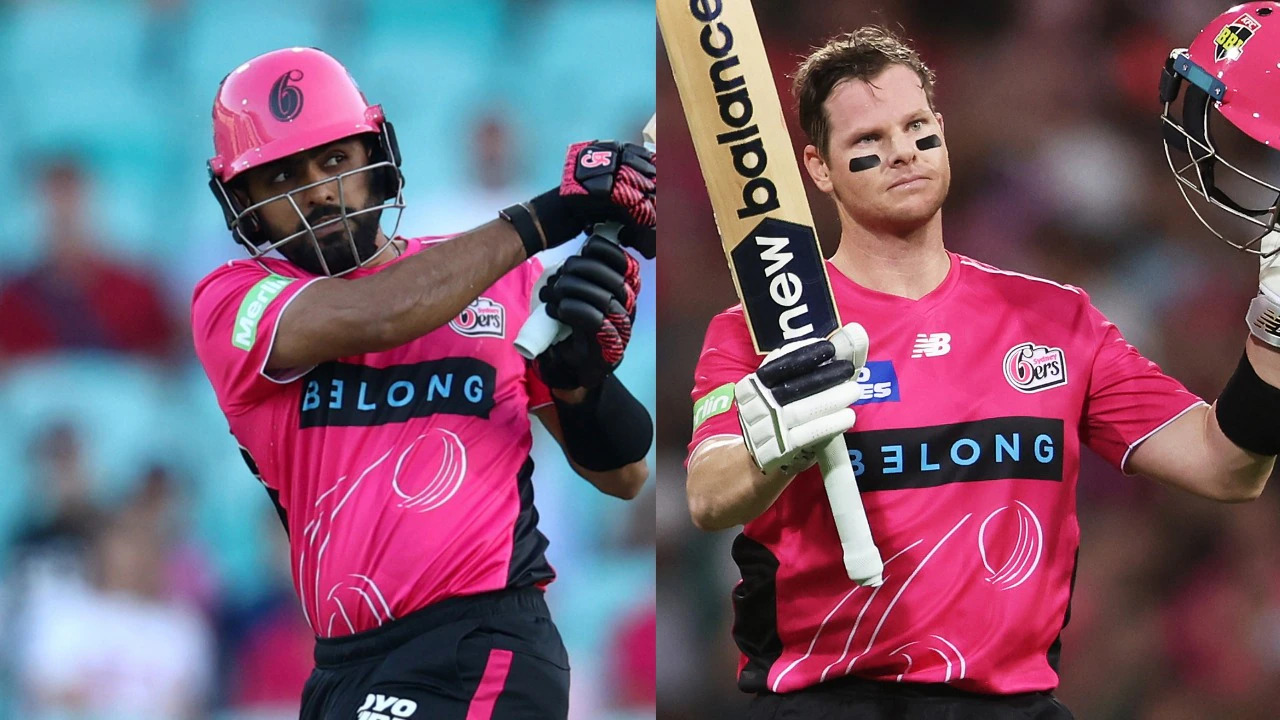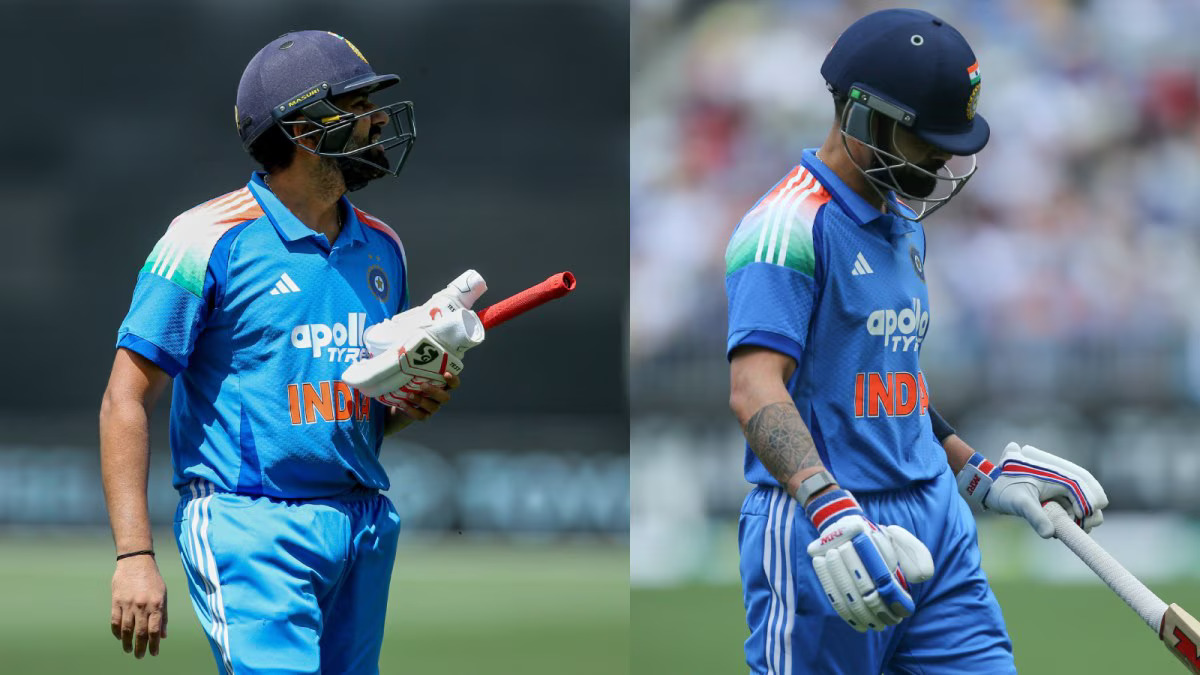Stuart Cain, the chief executive of Warwickshire, stated that the England and Wales Cricket Board (ECB) is using ‘The Hundred’ to attract a new audience and ‘future-proof’ cricket. Notably, the third season of the Hundred will run from August 1 to August 27, with men’s and women’s matches occurring concurrently.
Under the provisions of the original agreement, the ECB pays each of the counties £1,300,000 annually. However, Worcestershire chair Fanos Hira’s report questioned the ECB’s accounting procedures and claimed that the Hundred lost approximately £9 million in the first two seasons.
Stuart Cain, chief executive officer of Warwickshire and director of Birmingham Phoenix, emphasised the commercial reality behind the competition prior to the upcoming season.
“You have the history and tradition of 18 counties, and then you have city versus city with eight franchises competing. This is the challenge facing the sport: “How do we maintain the spirit of the Hundred while attracting new audiences and generating new revenue?” ESPN cricinfo reported that Cain stated.
Because that money pays for the game… As a result, every county receives a payment, and if that payment were taken away from some of those counties, they would likely fail. This is the harsh economic reality underlying the Hundred, he continued.
The underlying concept is excellent, and I support it: Cain
However, Stuart Cain supported the ECB’s proposal, citing Saudi Arabia’s recent massive investments in football clubs and their long-term vision.
Intriguingly, Cain also mentioned LIV golf, which revolutionised the game of golf and gave famous golfers the opportunity to earn a greater livelihood outside of PGA tours.
“I do not know if it generates a profit. But ask the Saudis and LIV [golf] if that will be profitable over the next five to ten years, or ask the new proprietors of Newcastle [United] if they will be profitable over the next five to ten years. “They are attempting to construct something, aren’t they?” he asked.
“I believe that’s what the ECB is attempting to do: create something that benefits cricket’s future by attracting new audiences, generating new revenue streams for the counties, and encouraging new opportunities for people to watch the sport on free-to-air television. Cain concluded, “I think the underlying concept is excellent, and I am in favour of it.”
